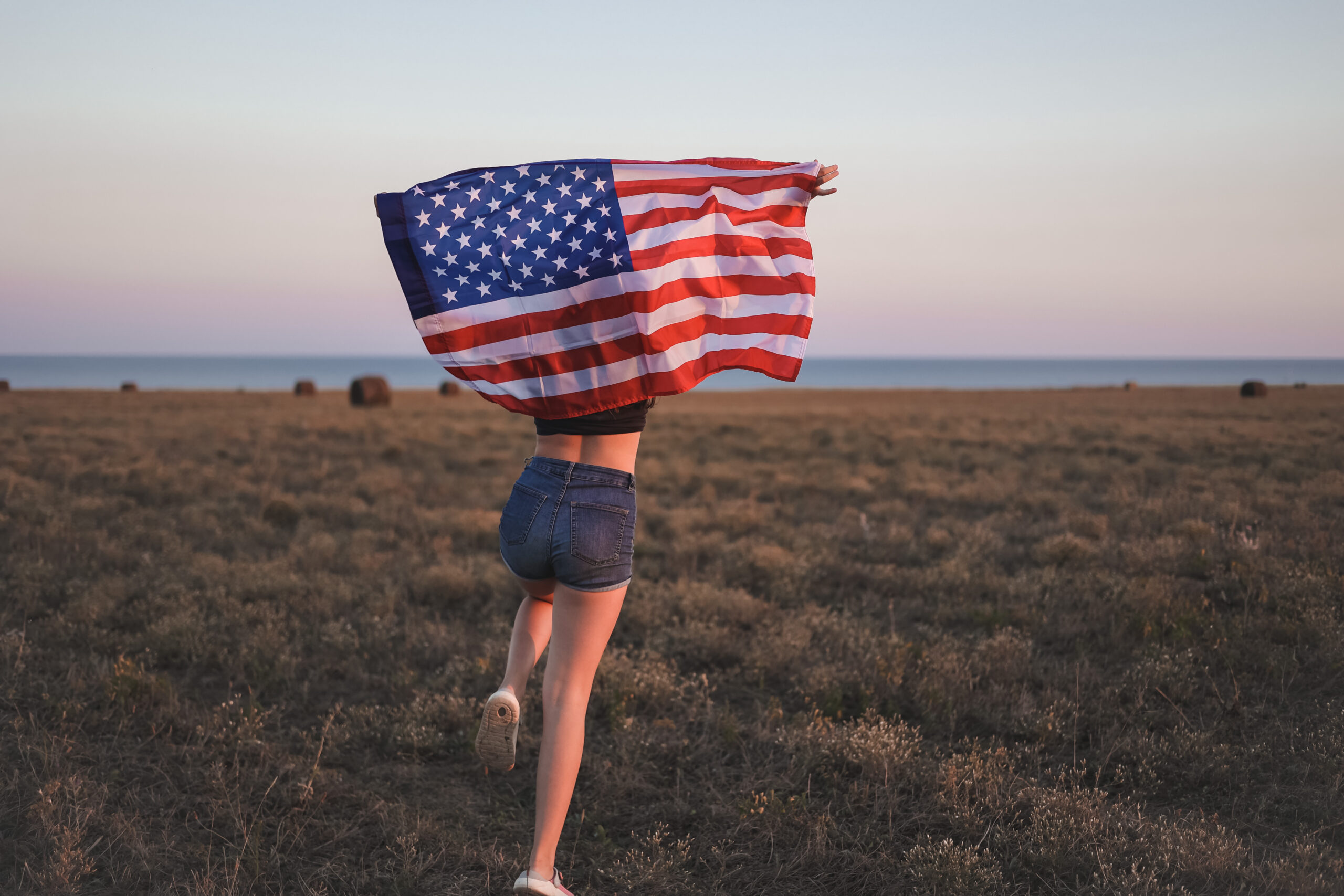By Mecca Fowler
Editor’s note: The opinions expressed here are those of the authors. View more opinion on ScoonTV.
I have been obsessed with the “Black Mirror” episode “Nosedive” ever since I watched it because of how close we are to replicating it.
“Black Mirror” is a television show that highlights the unintended consequences of living with a modern technocracy and the effects that new technologies can and will have on individuals and societies. “Nosedive” takes place in a society that has embraced a new technology that allows people to rate one another on a scale of one to five stars after every interaction they have, similar to Yelp. If they have a pleasant experience with someone they rate up, and vice-versa. In this society, ratings affect your status in society, similar to a credit score.
The star of the episode is Lacie, a young woman excessively preoccupied with her ratings. She is in the market for a new luxury apartment but discovers her social credit score is not where it needs to be to obtain it. So, she consults a rating specialist. The specialist gives her tips to improve her score from 4.2 to 4.5.
Meanwhile, her highly-rated childhood friend Naomi asks Lacie to be her maid of honor. Lacie and the friend both rekindle a superficial relationship for mutual benefits. Lacie can dramatically improve her ratings by mingling with the affluent, and Naomi can appear more genuine to her attendees by having a longtime friend give her maid of honor speech.
The plan quickly goes south when Lacie has several mishaps leading up to the wedding, causing her social credit score to drop. On the day of the wedding, her flight gets canceled. She tries to rebook on a different flight, but the flight attendant tells her she isn’t allowed to because of her credit rating. When she gets upset and causes a scene, she is downvoted by the attendant and other airport attendees, dropping her score even further.
Lacie’s only other choice for getting to the wedding is to rent an older vehicle because of her poor rating. On the way to the wedding, the vehicle runs out of power, and she is unable to recharge it. Desperate to still make the wedding, she is compelled to hitchhike with 1.4-star truck driver Susan. When Susan’s late husband was denied access to crucial cancer treatment because their scores were deemed insufficient, she says she stopped caring about her score.
The following day, Naomi tells her not to show up because her significantly lower rating will have a detrimental social effect on Naomi’s own ratings. Lacie arrives at the wedding anyway furious. Eventually, Lacie receives downvotes from the wedding guests making her rating below one star, leading to her getting thrown in jail.
This is the dystopian technocracy that power-drunk globalists want for humanity. If you are not playing nice and going along with what everyone else is doing, they will punish you. If you say the wrong things in public or on social media, you will be penalized. If you don’t comply with whatever ethics or morals the state wants you to, they will eliminate you or make life extremely inconvenient for you.
This type of system has existed in China for a few years now. China has the world’s largest surveillance system, tracking its citizens using their data and facial recognition. So, a social credit system rollout is not far-fetched. The plan is laid out in a document called Planning Outline for the Construction of a Social Credit System.
The Chinese government started experimenting with a national reputation database based on a person’s “social credit,” (behaviors and actions that the government deems socially desirable or not). Through this system, it is possible to reward or penalize behaviors. The concept is that the government can influence citizens’ conduct by adding or subtracting points from their social credit score. Although some of the systems are voluntary right now, the plan is to be eventually mandatory and synced across the nation.
This is an abhorrent idea. Behaviors that can contribute to your score going down are not illegal or directly harming anyone. In some localities, citizens are penalized for playing loud music, arguing, eating on public transportation, missing doctors’ appointments, buying too many video games, accidentally spreading “fake news,” making frivolous purchases, befriending people on the blacklist, not visiting your parents enough, and more.
Chinese citizens can participate in government-authorized community work, blood donation, charitable giving, and other allowed activities to improve their social credit score. Due to low social credit scores and the designation of being “untrustworthy,” the Chinese government has started to prevent millions of people from being able to purchase airline and high-speed rail tickets. By the end of 2018, China had banned 23 million people from purchasing travel tickets as a part of their social credit system, The Guardian reported.
What’s crazy about all of this is that the list of things that could drop your rating are not laws being broken. As blacklisted Chinese Journalist Li Hu put it, “There was no file, no police warrant, no official advance notification. They just cut me off from the things I was once entitled to,” he told The Globe and Mail. “What’s really scary is there’s nothing you can do about it. You can report to no one. You are stuck in the middle of nowhere.”
Similar concepts to China’s social credit score are already present in America. Social shaming and blacklisting of everyday citizens are the results of “cancel culture” and mob rule. Anyone who doesn’t follow the state’s propaganda is labeled an “extremist” for not drinking the Kool-Aid. If you don’t believe in a certain ideology, you will be shunned.
The globalists want everyone to conform to the same social norms or be shunned from society and censored if they don’t adhere. Just like Nosedive, it will rely on the masses that comply with these systems to police each other into compliance. Like most of the globalists’ plans, it seems like a great idea to implement but in the grand scheme of things, it is not. It would be great if we all lived in a pleasant society where everyone is always cheerful and no one is ever offended or did anything wrong, but that is not the reality.
Subscribe to get early access to podcasts, events, and more!





